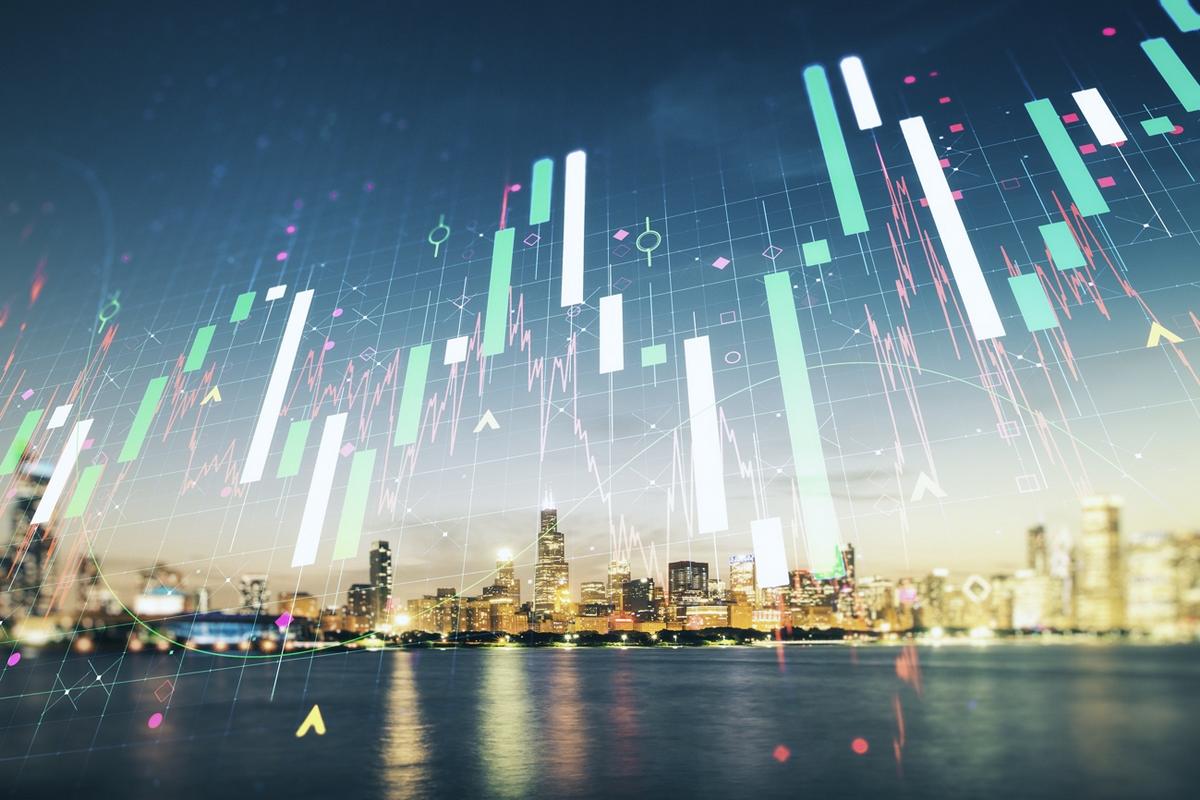State-backed investments into Latin America are set to increase, as developing countries act to secure natural resources, providing the region with a vital source of revenue but also stirring political tensions.
For the largely barren Gulf states and parts of Asia, Latin America is both a rich and relatively accessible source of the commodities they need to feed their people and a way to translate their wealth into economic development.
However, the fight for these resources is likely to become more cut-throat, with water scarcity limiting food supplies as the global population continues to grow. Fearing for their future food security, Arab and Asian countries have increasingly used sovereign wealth funds to secure resources and land in Latin America, sometimes funnelling money through the private sector to bypass local regulations.
Last year alone, Gulf states invested about $5.1bn in Brazil, estimates Daniel Melhem, president of the Gulf Latin America Leaders Council: “This is just the tip of the iceberg,” he says. “This type of ‘south-south’ investment is still something very new for the global economy.”
Among the Arab states, Qatar and Abu Dhabi have been the most active in Latin America so far. This year, Al Gharrafa Investment, a subsidiary of Qatar’s sovereign wealth fund, increased its stake in Adecoagro, a farmland venture backed by billionaire investor George Soros which is based in Argentina, Brazil and Uruguay.
“When we meet the sovereign wealth funds, they’re mostly looking at commodities, either mining or food,” Mr. Melhem says. “But they’ve also shown interest in the financial sector and real estate.”
In fact, Qatar’s first big move into Latin America was a $2.72bn purchase of a stake in the Brazilian arm of Santander, the Spanish bank. Aabar Investments, one of Abu Dhabi’s state investment vehicles, also made a $328m investment in Santander Brazil in 2009.
Asian sovereign wealth funds favour energy, something the oil-rich Gulf states do not need. “Sovereign wealth funds from Asia have been looking for energy resources to advance their economic agenda in the medium term,” says Enrique Alvarez, head of Latin American research at IDEAglobal.
Last month, the chairman of the supervisory board of China’s $300bn sovereign wealth fund said he had just returned from a trip to Brazil, Argentina and Chile and saw great potential for investment. Chinese companies have invested in resources and energy businesses and analysts expect the bulk of state investments to be in these areas.
Starting with offices in Brazil and Mexico in 2008, Singapore’s state investment agency Temasek has taken a similar direction in Latin America, buying into the oilfield services sector and a biofuels group.
In spite of their vast wealth, Gulf states have relatively small populations. As such, they have traditionally taken a much more passive approach, relying on local management teams. The Chinese have taken a more active role, as they seek to satisfy a much larger domestic demand.
While these new investors have come to rely on Latin America’s natural resources, the region itself has come to depend on this steady flow of revenue.
Brazil, for example, counts on foreign investment to finance its gaping current account deficit, which reached 2.31 per cent of gross domestic product in the year to February. The country also desperately needs the funds to invest in infrastructure projects, as it prepares to host the World Cup in 2014 and the Olympics two years later.
However, investment comes at a price. There is a sense of unease about sovereign wealth funds’ lack of transparency and their exploitation of local resources. In some cases, it is not possible to distinguish between state-backed and private investment.
“Saudi Arabia has been very vocal about food security and wants to acquire land in Brazil,” explains Mr. Melhem. “The first instinct would be to go straight to the Brazilian government but they don’t sell land to foreign investors. Instead, Saudi Arabia gives loans to the private sector that will be used to invest in food security overseas.”
Charging interest is not permitted under Islamic law, so these companies often get away with paying very little in return for these loans, he adds.
As a result, there is a risk that Latin American countries may resort to protectionist policies to direct this foreign investment to specific areas of the economy.
For example, Brazil has been preparing rules to block foreign governments and state-owned companies from buying agricultural land, while trying to allow genuine private sector investors. The unease is particularly acute when it comes to China.
“Some economies lean towards being liberal, open and operating on a commercial basis. Others lean towards state control,” says Peter Mandelson, a former UK business secretary and EU trade commissioner, on the sidelines of a policy conference in São Paulo.
“That will produce increasing tension in the international trading system, not between developed and developing countries but between the fast growing countries themselves.”
By: Samantha Pearson



